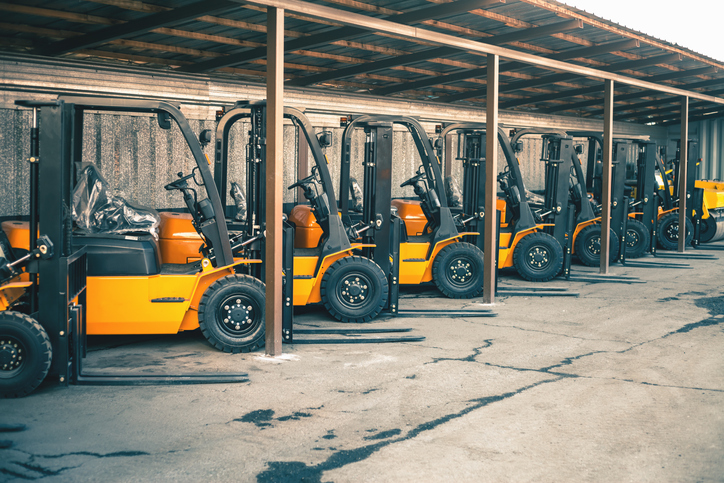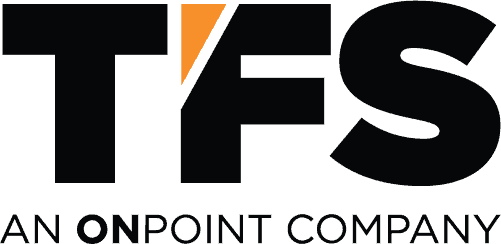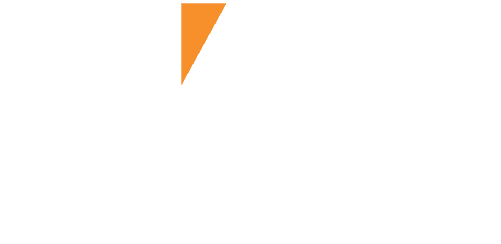 We talk to a lot of supply chain, manufacturing and distribution execs, and we know a lot of them got to where they are by being control freaks (and we mean that in the nicest possible way). After all, when you take your job seriously, it can be hard to trust that an “outsider” will buckle down, let alone understand enough about your operations to actually improve certain things.
We talk to a lot of supply chain, manufacturing and distribution execs, and we know a lot of them got to where they are by being control freaks (and we mean that in the nicest possible way). After all, when you take your job seriously, it can be hard to trust that an “outsider” will buckle down, let alone understand enough about your operations to actually improve certain things.
Today, you probably outsource many critical, but non-core parts of your operation, such as delivery vans, long-range semis, MRO products, and more. This is probably because you’ve seen the cost benefit–and you understand the added soft benefit of allowing your people to focus on your core business, instead of these ancillary enablers. After all, semi-truck experts are likely to know a heck of a lot more than employees whose job descriptions don’t even mention the word “semi-truck.”
Of course, it’s important to thoroughly vet outsourcing partners before you hand over, for example, your semis. That said, when done well, outsourcing is a sure-fire strategy for unlocking efficiencies, freeing focus, streamlining operations, and gaining peace of mind.
That’s because outsourcing doesn’t have to mean giving up control. For example, when it comes to material handling, trusting forklift fleet management (e.g., power, maintenance, optimization, etc.) to a third-party specialist can actually give management greater visibility by providing data and standardization. This grants insight into the reality of what’s happening across your facilities and warehouses.
On the fence about outsourcing? Consider these six advantages:
1. Stronger innovation: Company leaders are discovering that outsourcing can be a direct route to innovation across every industry. In a recent survey of over 1,350 sourcing decision-makers by IBM, 53% of CEOs said they were partnering externally to drive innovation.
“When you think about it, this makes sense,” writes Kate Vitasek of Vested. “When a company outsources, it is bringing in the experts with the expertise to handle non-core and/or highly technological functions. It follows, then, that these expert service providers will bring fresh ideas to the table when it comes to innovative strategies.”
2. Specialized knowledge: Forklifts aren’t straightforward. There are a myriad of options and constant innovation means that new options crop up almost daily. Do you have the budget and resources for a team dedicated to evaluating your applications, improving processes, and selecting and improving your equipment specifications? Most companies don’t. So, how do you stay on top of automation options, power technology options, forklift options (and more!) to ensure your facilities keep their competitive advantage?
And it doesn’t end when you acquire your fleet. Once you’ve designed and implemented a material handling system, you’ll also need highly specialized engineering knowledge to optimize your forklifts’ performance and lifespan. If your company is like most, your team is small and spare, so even if you have employees with this kind of knowledge, it’s often quicker and more cost-effective to partner with a specialist who can collect and analyze fleet power data, create and implement a strategic plan of improvement over time.
3. Avoiding the mundane: Forklift maintenance is a day-to-day responsibility. It’s also one that, when done well, requires a rigid schedule with tedious tasks. Your team has a million other priorities, so it makes sense to offload this duty so you can focus on more important matters. If your management is expecting you to increase uptime through strategic recommendations and implementation, then supervising maintenance teams likely isn’t the best use of your time, in that it’s not furthering your career.
4. Scaling up flexibility: Growth is good, but it demands more people, tech, and capabilities. This can be difficult for any operation to acquire — especially given current pandemic challenges. Here again, outsourcing your forklift fleet management and maintenance can make it easier to scale up and be flexible across your facilities.
5. Predictable pricing: When it comes to operational costs, the fewer surprises, the better. Outsourcing keeps material handling costs predictable and stable. Moreover, outsourced forklift management specialists can use your data to find efficiencies, improving your return on investment (ROI) across the entirety of your fleet.
6. Streamlined facilities: Material handling operations run smoother when you’re using the same equipment and maintenance strategies across every warehouse or facility. Why? You have comparable data that allows you to see the “big picture.” In this way, streamlining forklift fleet management helps optimize maintenance strategies, costs, and power considerations while side-stepping the risks associated with patchwork data and systems.
Managing a forklift fleet can be as complex as it is time-consuming. And unless you’re using forklift fleet data to its full advantage, odds are you’re leaving savings and efficiencies on the table. This is where trusting critical aspects of your forklift fleet to an outside vendor is a solution that can handle the load, leaving your team to do what it does best.

